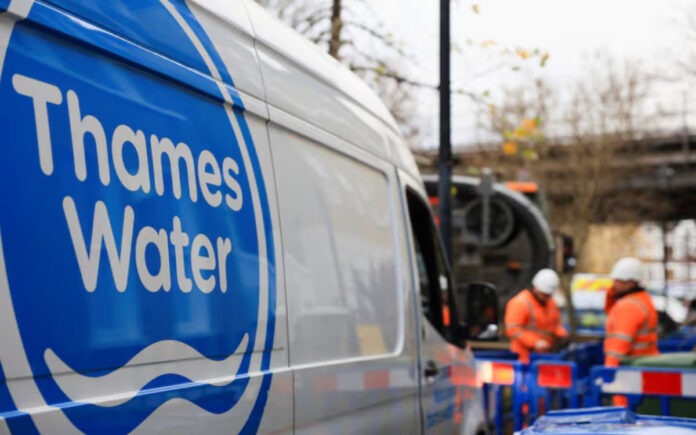London: A High Court in England has begun a four-day hearing to determine whether Thames Water can proceed with a crucial £3 billion ($3.72 billion) debt lifeline, a move aimed at preventing the company from running out of cash and facing nationalization.
As Britain’s largest water supplier, Thames Water is set to present its case alongside rival creditor groups, with the judge expected to rule under English insolvency law. The company has warned that without the rescue package, it could become insolvent by March.
Thames Water is burdened with £17 billion in debt and has been at the center of public outrage over the state of Britain’s privatized water industry, particularly over pollution concerns. The company has been accused of prioritizing profits over environmental responsibilities, following increasing reports of sewage contamination in rivers and coastal waters.
Despite opposition from a group of lower-ranked creditors, Thames Water remains confident in its restructuring plan, citing support from over 90% of its secured debt holders. The proposal includes access to additional funding, cash reserves, and debt extensions, alongside efforts to raise £3.25 billion in new equity to ensure its long-term viability.
However, dissenting creditors argue the plan unfairly favors senior debt holders and that its 9.75% interest rate makes it prohibitively expensive. They have proposed an alternative package, challenging Thames Water’s assertion that the only likely alternative is special administration, a claim that remains contested.
Financial and Regulatory Challenges
Thames Water’s financial troubles escalated last year when its investors refused to provide fresh funding, calling the company “uninvestible,” and prompting the government to prepare for possible nationalization.
Adding to its challenges, the company is also locked in a dispute over how much it can charge its 16 million customers over the next five years. The regulator has approved a 35% price increase, far below the 53% rise Thames Water claims it needs to stay afloat. The company has until February 18 to appeal the decision.
Meanwhile, water companies across Britain—facing hefty fines for sewage spills—argue that higher prices are necessary to attract investment and fund critical infrastructure improvements to address environmental concerns.



